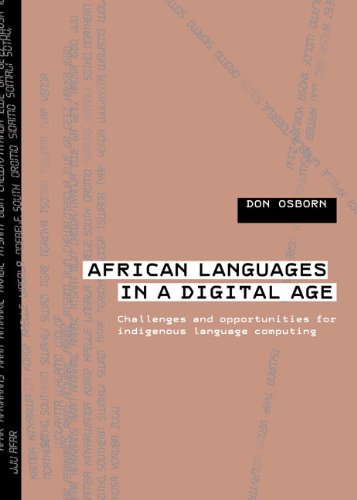

Most ebook files are in PDF format, so you can easily read them using various software such as Foxit Reader or directly on the Google Chrome browser.
Some ebook files are released by publishers in other formats such as .awz, .mobi, .epub, .fb2, etc. You may need to install specific software to read these formats on mobile/PC, such as Calibre.
Please read the tutorial at this link: https://ebookbell.com/faq
We offer FREE conversion to the popular formats you request; however, this may take some time. Therefore, right after payment, please email us, and we will try to provide the service as quickly as possible.
For some exceptional file formats or broken links (if any), please refrain from opening any disputes. Instead, email us first, and we will try to assist within a maximum of 6 hours.
EbookBell Team

4.1
100 reviewsOffering practical approaches to finding a place for African languages in the information revolution, this overview lays the foundation for more effectively bridging the "digital divide" by finding new solutions to old problems. Conducted by the PanAfrican Localization project under the sponsorship of Canada’s International Development Research Center, this survey explores obstacles that impede greater use of African languages in computer software and internet content, assesses possible solutions and maps for their reach, and identifies future trends in the field. Among the key issues discussed are the importance of localization in the African context; barriers to more widespread use of African languages in internet computer technology; and by whom, for which languages, and in which countries efforts are being made. Central to the discussion is the introduction of the concept of "localization ecology" to account for the key factors, facilitate discussion of their interaction, and call attention to how planning and implementing localization can and should consider these issues.